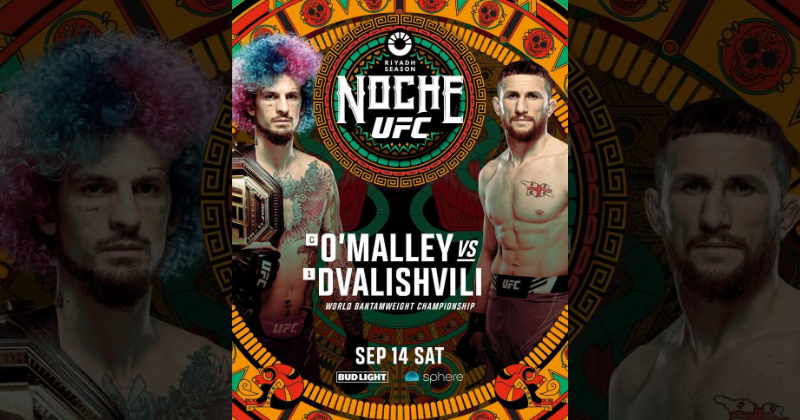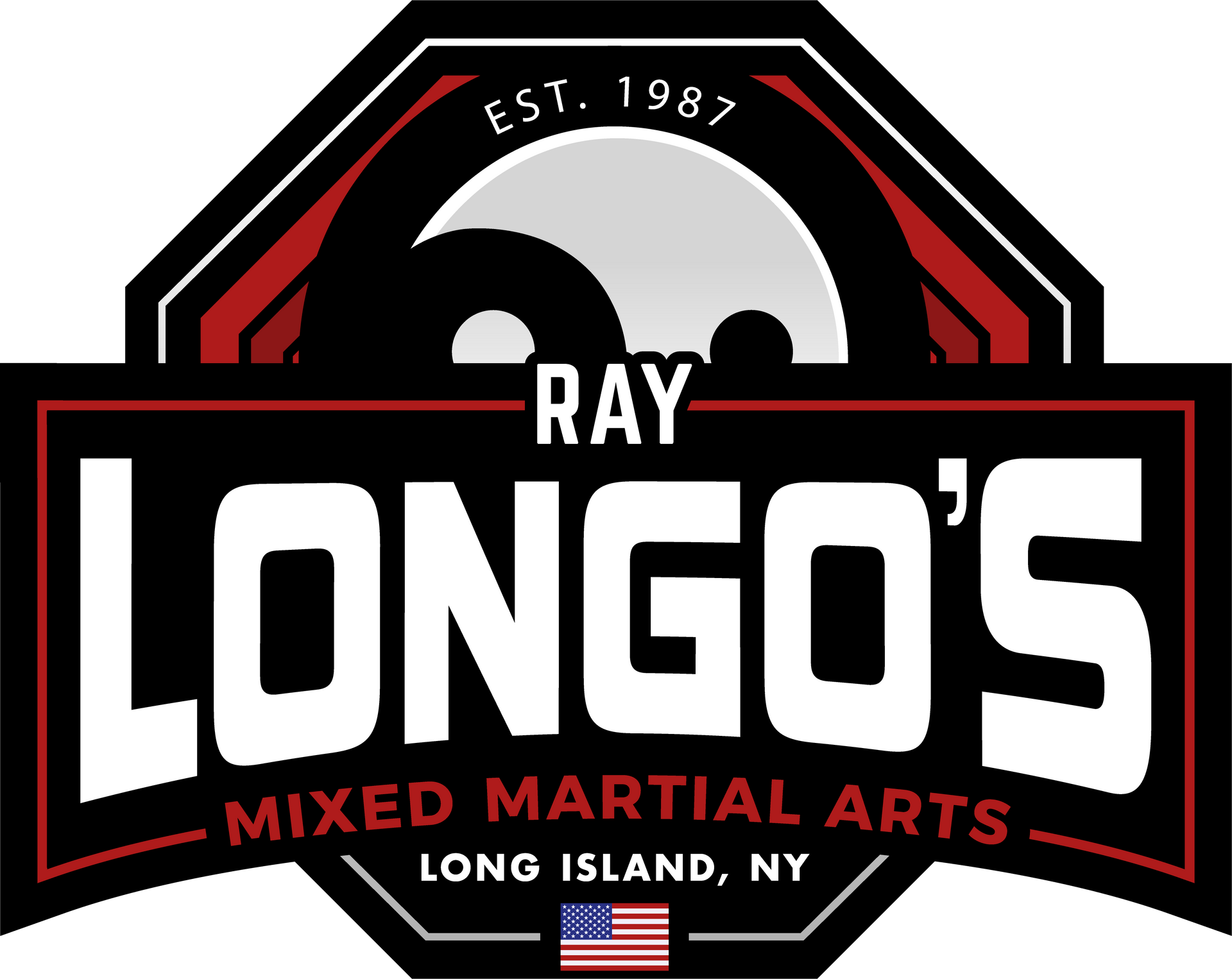Why Martial Arts is Perfect for Introverts
Why Martial Arts is Perfect for Introverts
Martial arts is a diverse range of combat practices and traditions that serve purposes beyond self-defense, including physical fitness, mental discipline, and personal growth.
This article explores why martial arts is particularly well-suited for introverts, aligning with their strengths and addressing their unique challenges.
Understanding Introverts
Introverts are often characterized by their preference for solitary activities, deep thinking, and a more reserved approach to social interactions. Common misconceptions include viewing introversion as shyness or social anxiety, but it's more about where individuals draw their energy. Introverts thrive in low-stimulation environments where they can focus, reflect, and engage at their own pace.
General Benefits of Martial Arts
Martial arts offer a wide array of benefits including improved physical health, increased flexibility, enhanced mental resilience, and better stress management. The discipline required to master martial arts fosters a sense of accomplishment and boosts confidence, making it beneficial for individuals of all personality types.
Why Martial Arts Suit Introverts
Martial arts align naturally with introverted traits, such as the desire for self-improvement, focus, and discipline. It allows individuals to progress at their own pace, often without the immediate need for social engagement, which can be ideal for introverts who may find team sports overwhelming.
Building Confidence
One of the standout benefits of martial arts for introverts is the confidence boost it provides. Martial arts build confidence in a non-competitive, supportive environment where progress is measured individually rather than against others. This allows introverts to thrive without the added pressure of social competition.
Personal Growth and Self-Discipline
Martial arts training requires a high level of self-discipline, which resonates well with introverts who are often self-motivated. The structured nature of martial arts helps introverts set and achieve personal goals, fostering a sense of personal growth and fulfillment.
Physical and Mental Balance
Martial arts bring a harmonious balance between physical activity and mental focus. The physical exertion paired with the mindful aspects of training can help introverts find tranquility and balance in their daily lives, aligning physical fitness with mental wellness.
Developing Focus and Mindfulness
Martial arts emphasize the development of focus and mindfulness—skills that are highly valued by introverts. The practice often involves meditation and techniques to center oneself, which can help introverts harness their natural ability to concentrate deeply and remain present in the moment.
Stress Relief and Emotional Control
Many martial arts techniques are designed to manage stress and improve emotional control. For introverts, who may internalize stress, martial arts provide an outlet to release tension physically and mentally, promoting a healthier approach to dealing with life’s challenges.
Solo and Partner Training
Martial arts offer the flexibility of both solo and partner training. Introverts can choose to practice alone to refine their skills or engage in partner exercises at their comfort level, providing a balanced approach to learning that respects their need for personal space.
Sense of Community Without Overwhelm
Despite being a primarily individual practice, martial arts foster a sense of community. Introverts can enjoy being part of a group without the pressure to constantly engage socially, allowing them to feel connected while still maintaining their preferred level of interaction.
Personalized Learning Paths
At Ray Longo’s martial arts school, personalized learning paths are offered, catering to different needs and skill levels. This individualized approach is particularly beneficial for introverts, allowing them to learn in a way that suits their style and pace.
Setting and Achieving Personal Goals
Martial arts encourage setting personal goals, such as mastering a new technique or advancing to the next belt level. This goal-setting process is inherently introverted, focusing on self-improvement rather than external validation, which can be highly motivating for introverted individuals.
Case Studies or Testimonials
Many introverts have found success and personal growth through martial arts. For example, students at Ray Longo’s school have shared stories of overcoming personal challenges, building confidence, and finding a supportive community that respects their unique needs.
How to Get Started
For introverts considering martial arts, starting can be as simple as attending a beginner class or observing a session. It’s important to choose a school that understands and respects individual learning preferences, like Ray Longo’s, which emphasizes personalized training.
FAQs
Q1: Is martial arts too aggressive for introverts?
A: Not at all. While martial arts involve physical techniques, the focus is often on control, discipline, and self-improvement rather than aggression.
Q2: Can I practice martial arts without having to spar?
A: Yes, many martial arts schools offer
non-sparring classes that focus on form, technique, and self-defense.
Q3: How can martial arts help with anxiety?
A: Martial arts can help reduce anxiety through physical exercise, which releases endorphins, and through mindfulness practices that calm the mind.
Q4: What should I look for in a martial arts school as an introvert?
A: Look for a school that offers personalized instruction, respects individual pace, and fosters a supportive community, such as Ray Longo’s school.
Q5: Are there martial arts styles that are better suited for introverts?
A: Styles like Tai Chi, Aikido, and Jiu-Jitsu can be particularly good for introverts due to their focus on mindfulness and individual progress.
Q6: How do martial arts classes help with personal goal setting?
A: Martial arts emphasize setting and achieving personal goals, whether it’s mastering a new move or earning a new belt, which can be very rewarding for introverts.
Final Thoughts
Martial arts offer a unique combination of physical, mental, and emotional benefits that make it an ideal practice for introverts. The individual-focused, self-paced nature of martial arts allows introverts to thrive in a supportive environment that respects their personal space and need for low-stimulation activities. If you’re an introvert looking to build confidence, manage stress, and improve overall wellness, consider starting your martial arts journey at Ray Longo’s school, where personalized training meets a welcoming community.













